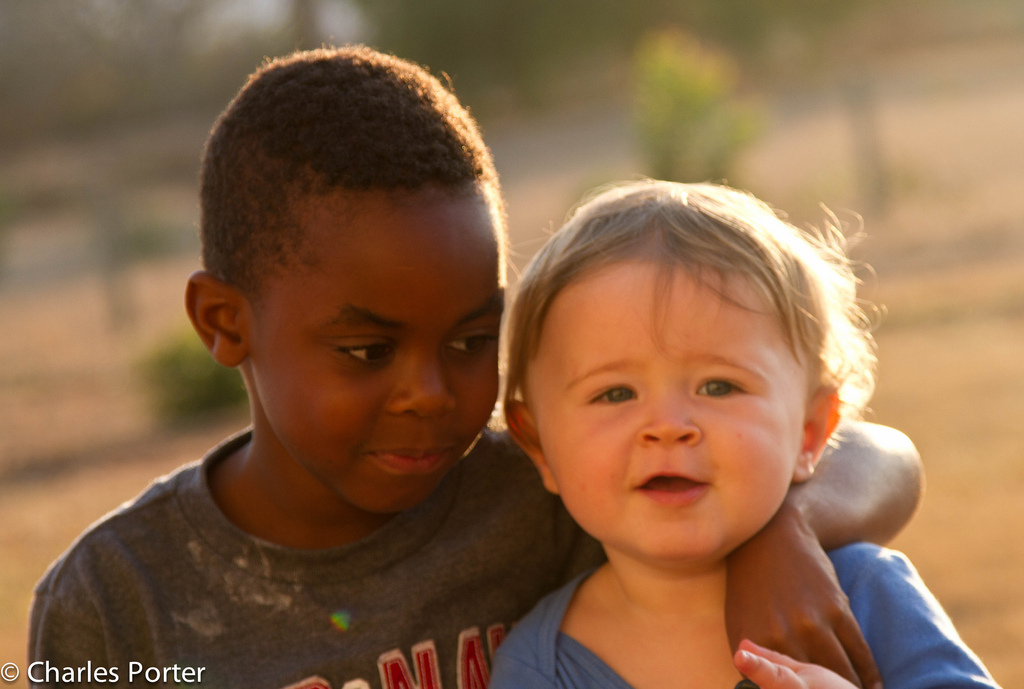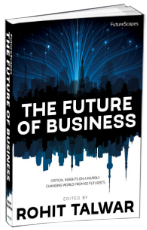04 Apr How Generationally Fluent Brands Win Trust
In America there is a sweeping shift in values towards more family diversity and we are starting to see this reflected in commercials for consumer goods. The shift reflects cohort changes (effects isolated to single generations) as well as period effects (change over time in an entire population). This means that variables that indicate tolerance of diversity is still stronger for the younger ones, but increasing among all generations. Generation X constitutes the bulk of today’s parents and millennials are starting to enter this new phase of life. Xenophobia and gay-bashing have no place among this group of consumers, especially the young women (mothers) who decide or influence 85% of all household purchases. As a matter of fact, they expect to see more diversity and authentic representations of families.
Advertisers know this, but are often reluctant to take the leap from “traditional values” and family stereotypes. When social values change, placing yourself on the “right side” of a wedge issue becomes an important way in which people wield their social identities. Brands who are aware of this dynamic will build loyalty among consumers in an age group that is notoriously disloyal to brands as these consumers seek to align themselves with certain values through their consumer choices. Moreover, when advertisers align themselves with the trending values while there is still some controversy, they can reap extra bonus from the media debates that will unfold. As long as there is still a small, vocal minority of antagonists, their fury can be used to leverage increased attention to the brand. This happens by strategizing on what Amy Jussel at Shaping Youth calls “outrage bating”. Just like Beats Electronics allegedly manufactured a “twerking scandal” involving Miley Cyrus at the VMA to sell more headphones last year.
During the last super bowl Coca-Cola launched a “controversial” ad displaying racial and sexual diversity while playing America the Beautiful in many different languages. I put quotation marks around controversial because this horse is almost dead. (Oh, how I hate to use the abused horse analogy to describe the persistence of cultural reactionaries.) Coca-Cola knew very well their ad would spur either sincere or fabricated outrage among a handful of conservative newscasters, but this too was part of the plan. They knew it would instigate a series of self-replicating news stories on topics along the lines of ‘outraged by an outrage that really wasn’t much of an outrage to begin with’. And the more outraged the antagonists, the more endorsements they will receive from the true target consumers. It’s a very predictable win-win situation. More PR, more brand loyalty, more revenue. The same could be said about Honey Made crackers who recently stood firmly on their inclusive orientation with this ad. Since the approval of same-sex marriage is now in statistical majority* (overwhelming majority among young mothers who buy teddy bear crackers to their children), Nabisco and the Honeymade brand has nothing to lose and everything to gain from the added PR it will receive from a letter-writing campaign initiated by the conservative group One Million Moms.
If you are curious how advertisers will change their tune in the years ahead, go grab some popcorn. But be warned, most advertisers are late adopters and extremely conservative in acting on shifting social trends because: 1. most people in the advertising industry are white men in suits, and 2. global brands need to be very, very, very convinced that the controversy won’t backfire.
But change is coming, and for ads directed at families, these are the changes you will see more of in the next few years:
- More ethnically diverse families
- More single-parent families (expect a huge growth)
- Men/fathers in “feminine roles” or buying traditionally “feminine products without appearing effeminate
- ..and with disabilities
- More same-sex parents
- More resilience parents, fewer helicopter parents
- More parents with body adornments (piercings, tattoos)
- Multigenerational households
- “Educational value” packaged into toys/ games/ designs (especially along STEM-building attributes)
- De-gendering or girl-empowering concepts and designs, either avoiding or “leveraging” pink
And here’s a wildcard: “Talk to Your Teen About Safe Marijuana Use”-campaigns. Interestingly, the U.S. support for legalizing marijuana became the majority opinion the same year same-sex marriage won the majority’s support. If this majority persist legal changes will become inevitable. And when marijuana sheds its reputation as a gateway drug, total avoidance will be unrealistic for many parents. They will need to get reassurance from other institutions that can help them prevent their children from making bad decisions. This too will become a hot debate that will rally both sides of the opinion polls, pragmatists as well as idealists. Psychological reactions to controversy seldom change. It’s just the content about which we find controversial that changes. And it’s the brands that know how to use this insight that will survive.
Image: Caitlin Childs, Charliesflickr Flickr CC
Disclaimer: This is not a sponsored post and reflects my own thoughts and reflections. I do not endorse any of the brands, products or habits mentioned, and my conclusions are drawn from analyzing current trends and statistical relationships. These do not represent my personal wishes.
* There are some indications that pro-same-sex marriage is over-estimated due to “social desirability bias”, especially among higher educated respondents.



Sorry, the comment form is closed at this time.